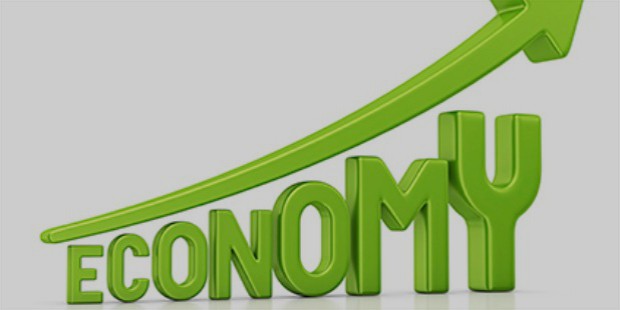Types of Economies of Scale

Economies of scale are the advantages a business can exploit by expanding its scale of production. The role of economies of scale is to reduce the average cost of production.There are two types of economies of scale, internal economies of scale and external economies of scale.
Internal Economies of scale

They occur due to an expansion of an individual firm. They are advantages that a firm has due to its own expansion. They can't be achieved unless the output is large. They include:
Labour Economies
Big firms can employ skilled personnel. This leads to improved expertise in certain fields of production thus saving time. It also creates room for inventions. Therefore, a lower cost of production is experienced by the firm.
Technical Economies
These are benefits incurred by a firm due to the use of specialised modern technology equipment. They result in a low cost of production and high production. They also result in better management of by-products .
Marketing Economies
Big firms buy raw materials in bulk giving the advantage of a large discount. They are also eligible for preferential treatment. This can be in the form of credit access from banks, freight concessions from transport companies and others. It is also better placed in terms of an advertisement than smaller firms.
Managerial Economies
A big firm is subdivided into departments. Each department is placed under expertise control leaving other small tasks to be done by semi-skilled employees.
Risk Bearing Economies
In case of a loss experienced in one encounter, it can be easily balanced. This allows the company to take big risks.
Specialisation of the Work Force
Labour division works at its best in large companies.The advantages of division of labour are fully exploited and benefited by the company.
Economies of Welfare
A large firm is able to provide documentation amenities for its workers such as housing and hospitals. These amenities have an indirect effect on increasing production and reducing cost.
External Economies of Scale

External economies of scale are advantages a firm enjoy due to the expansion of the whole industry. Firms can enjoy external economies of scale irrespective of their sizes. This include:
Economies of Disintegration
when an industry grows, it makes it possible to split up production into several processes. This allows the processes to be carried out efficiently by specialised firms. The disintegration can be vertical or horizontal. Both ways help the industry to avoid duplication and save its materials.
Economies of concentration.
When several firms are close together specialised workers become more available. Social facilities such as transport and communication get improved considerably. Supplementary companies may provide emergency services giving great assistance to the main industry. Vital requirements like power can easily be accessed.
Economies of Information
It's expensive for an individual firm to do an extensive research on its own. By pooling of resources, new inventions can be shared by the concerned firms. Publication of statistical data and marketing information will be of vital importance to increase output and lower costs.
Economies of scale can cause a considerable growth of underdeveloped communities. When a number of firms are combined into one, external economies become internal economies of scale.









